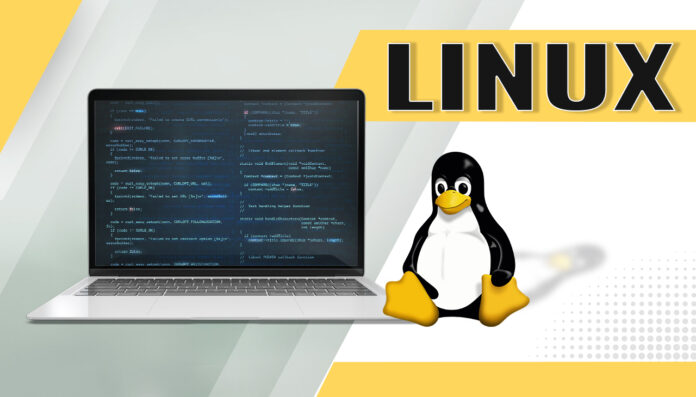Introduction
A Linux online training course is designed to provide a comprehensive understanding of the Linux operating system, one of the most widely used platforms in the tech industry. Known for its stability, security, and open-source nature, Linux is essential for system administrators, developers, and IT professionals. The Linux Online Course offers foundational and advanced knowledge, from basic command-line operations to complex system management tasks. Whether you want to enhance your technical skills or pursue a career in IT, mastering Linux opens up numerous opportunities, especially in roles involving system administration, DevOps, and cloud computing.

What Can You Learn From Linux Online Training Course
A Linux online training course offers an in-depth understanding of the Linux operating system, a crucial skill for system administrators, developers, and IT professionals.
Here’s what you can expect to learn:
1. Linux Fundamentals
You’ll start by learning the basics, including Linux architecture, kernel, file system hierarchy, and how Linux differs from other operating systems. You will also cover installation processes and the structure of distributions like Ubuntu, CentOS, and Fedora.
2. Command-Line Proficiency
The course places significant emphasis on mastering the command-line interface (CLI). You’ll learn essential commands for file manipulation, system navigation, user management, and permissions. Tools like grep, awk, sed, find, and piping will be covered to enhance your efficiency in the terminal.
3. File and Directory Management
Understanding file systems, navigating directories, and managing files (creating, deleting, copying, moving) are critical Linux skills. You will explore commands like ls, cd, cp, mv, rm, and more.
4. User and Group Management
Managing users, groups, and permissions is essential for system administration. The course covers commands like useradd, usermod, groupadd, and passwd. You’ll learn about file ownership and permissions using chmod, chown, and chgrp commands.
5. Process Management
You’ll learn to monitor and manage processes in Linux, using commands like ps, top, kill, and htop. This is crucial for ensuring system stability and performance.
6. Networking and Security
Basic networking concepts like IP addressing, configuring network interfaces, and using tools such as ping, ifconfig, and netstat are included. You will also cover basic security features like firewalls (using iptables or ufw) and SSH (Secure Shell).
7. Shell Scripting
Linux courses often introduce shell scripting to automate tasks. You will write simple scripts to perform repetitive tasks, combining multiple commands in a single script.
8. Package Management
The course will teach how to install, update, and remove software packages using package managers like apt, yum, or dnf.
By the end of the course from Linux Training in Delhi, you will be able to navigate and manage a Linux system effectively, making it a valuable skill for various IT roles.
Conclusion
In conclusion, a Linux online training course equips you with the foundational and advanced skills needed to manage Linux systems effectively. From mastering the command-line interface and file management to user administration, process control, and networking, you gain comprehensive knowledge applicable across various IT roles. The course also covers essential topics like security, shell scripting, and package management, helping you automate tasks and enhance system security. Whether you’re pursuing a career in system administration, DevOps, or software development, learning Linux is invaluable in today’s tech-driven landscape, making it a crucial asset for career growth.
